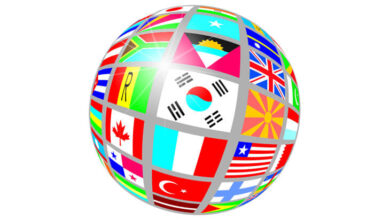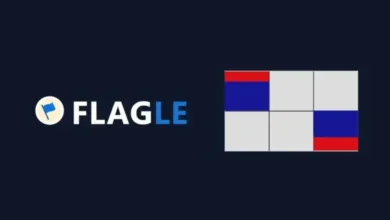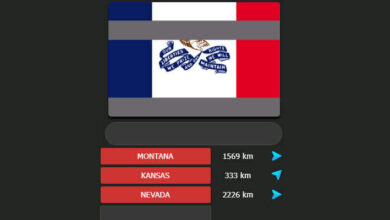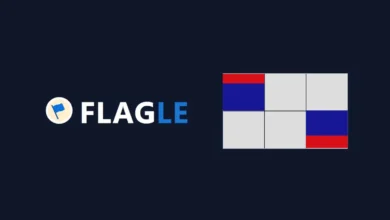Flagle: The Ultimate Puzzle Game for Geography Lovers
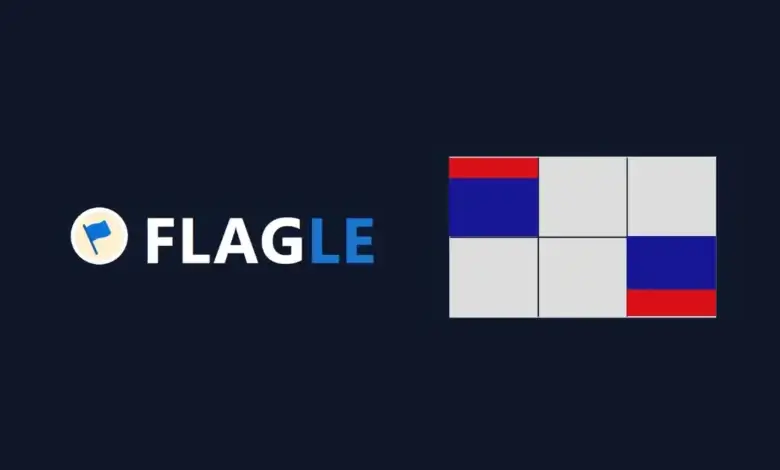
Introduction
The rise of online puzzle games has introduced unique challenges for players around the world. Among them, Flagle has emerged as a creative and entertaining geography-based game. Inspired by the Wordle-style puzzle format, Flagle challenges players to identify a country’s flag with limited attempts. This game combines fun with learning, making it especially popular among students, geography enthusiasts, and casual gamers.
In this article, we will explore everything about Flagle, including its rules, strategies, benefits, and why it’s quickly becoming a global sensation.
What is Flagle?
Flagle is a daily puzzle game where players are given small sections of a country’s flag. With each guess, they uncover more details until they correctly identify the flag. The challenge lies in recognizing patterns, colors, and symbols under pressure, with only six attempts available.
Unlike traditional trivia games, Flagle combines memory, observation, and global knowledge, making it both educational and addictive.
How to Play Flagle
- Start the Puzzle: Each day, Flagle presents one mystery flag.
- Make Your First Guess: Type in a country name.
- Get Feedback: The game will highlight regions or provide directional hints (like closeness to the correct country).
- Uncover More of the Flag: Each wrong guess reveals more of the hidden flag.
- Solve the Challenge: You have six chances to guess correctly.
Strategies to Win Flagle
Winning consistently requires more than random guesses. Here are proven strategies:
- Focus on Colors First: Narrow down countries that use unique combinations, like green-yellow (Brazil) or red-white (Canada).
- Look for Symbols: Stars, crescents, or crosses often indicate specific regions (e.g., Turkey, Switzerland, New Zealand).
- Use Regional Knowledge: If your guess is wrong, use the directional clue to shift toward the correct continent or nearby nations.
- Eliminate Obvious Choices: If the flag lacks common colors, rule out large regions (like many African nations with red, green, and yellow).
Why Flagle is Popular
- Educational Value: Helps players learn about world flags and geography.
- Brain Training: Improves memory, pattern recognition, and problem-solving.
- Community Engagement: Players share results on social media, sparking competition.
- Accessibility: Simple rules make it easy for anyone to play.
Benefits of Playing Flagle
- Enhances Geography Knowledge
Players gain a deeper understanding of world nations and their symbols. - Encourages Critical Thinking
Flagle pushes players to analyze visual cues carefully. - Boosts Global Awareness
It introduces people to lesser-known countries and flags. - Daily Mental Exercise
Like crossword puzzles, Flagle keeps the brain sharp.
Flagle vs Other Puzzle Games
While Wordle focuses on vocabulary, Heardle on music, and Worldle on geography outlines, Flagle offers a visual challenge through flag recognition. This makes it unique and appealing to a different audience segment.
Advanced Tips for Experts
- Learn regional flag patterns: Scandinavian countries use cross designs, Arab countries often use green.
- Study international organizations’ flags: Helps to differentiate similar national flags.
- Use practice resources: Regular flag quizzes improve recognition speed.
The Future of Flagle
With its rising popularity, Flagle could expand into competitive tournaments, mobile apps, and classroom learning tools. Teachers already recommend it as a fun way to enhance geography lessons.
Final Thoughts
Flagle is more than just a game—it’s an engaging, educational tool that bridges fun and knowledge. Whether you’re a geography enthusiast or just looking for a new daily challenge, Flagle offers a perfect mix of entertainment and learning.

